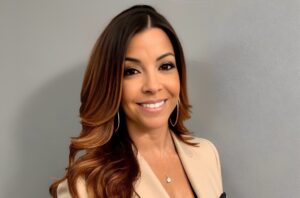Insights

Featured Insights
Is your business ready to scale with the latest technologies? Catch up on industry news and see what experts have to say.

Navigating Global Patent Filing in 2025: Trends, Challenges, and Solutions
Emerging technologies, including specialized language tools and blockchain, are reshaping…

Rethinking Accessibility in Live Events: Practical Insights for Inclusive, Multilingual Experiences
Explore strategies to ensure accessibility and multilingual inclusion for hybrid…

[On-Demand] Rethinking Accessibility In Live Events
Watch on-demand and explore effective strategies and technologies for improving…

The Rise of Patent Filings in India and What It Means for Innovation
India is emerging as a global innovation leader, currently ranking…

PATHFINDER | The E-Learning Edition #2
Welcome to the second e-learning edition of PATHFINDER. In this…

CASE STUDY: AI-Powered Multilingual Subtitling in 3 Days
Learn how a global technology leader achieved fast, accurate multilingual…

Legal Operations Control: Optimizing Multilingual Workflows for Efficiency and Accuracy
With the new administration in place, today’s in-house legal teams…

AI-Driven Innovation: Redefining E-Learning and Localization for a Global Audience
Explore how AI tools are optimizing e-learning localization, enhancing content…

Efficient IP Filings: Reducing Risk and Accelerating Global Prosecution
Discover strategies to optimize global patent filing for efficiency, reduce…

Navigating Global Patent Filing in 2025: Trends, Challenges, and Solutions
Emerging technologies, including specialized language tools and blockchain, are reshaping…

CASE STUDY: Streamlining Training Video Localization for a Global SaaS Platform
Delivering multilingual training content with localized UI, voiceovers, and 300+…
 Siobhan Hanna
Siobhan Hanna Erin Wynn
Erin Wynn
 Nicole Sheehan
Nicole Sheehan Kimberly Olson
Kimberly Olson Matt Grebisz
Matt Grebisz Christy Conrad
Christy Conrad Chris Grebisz
Chris Grebisz Dan O’Brien
Dan O’Brien